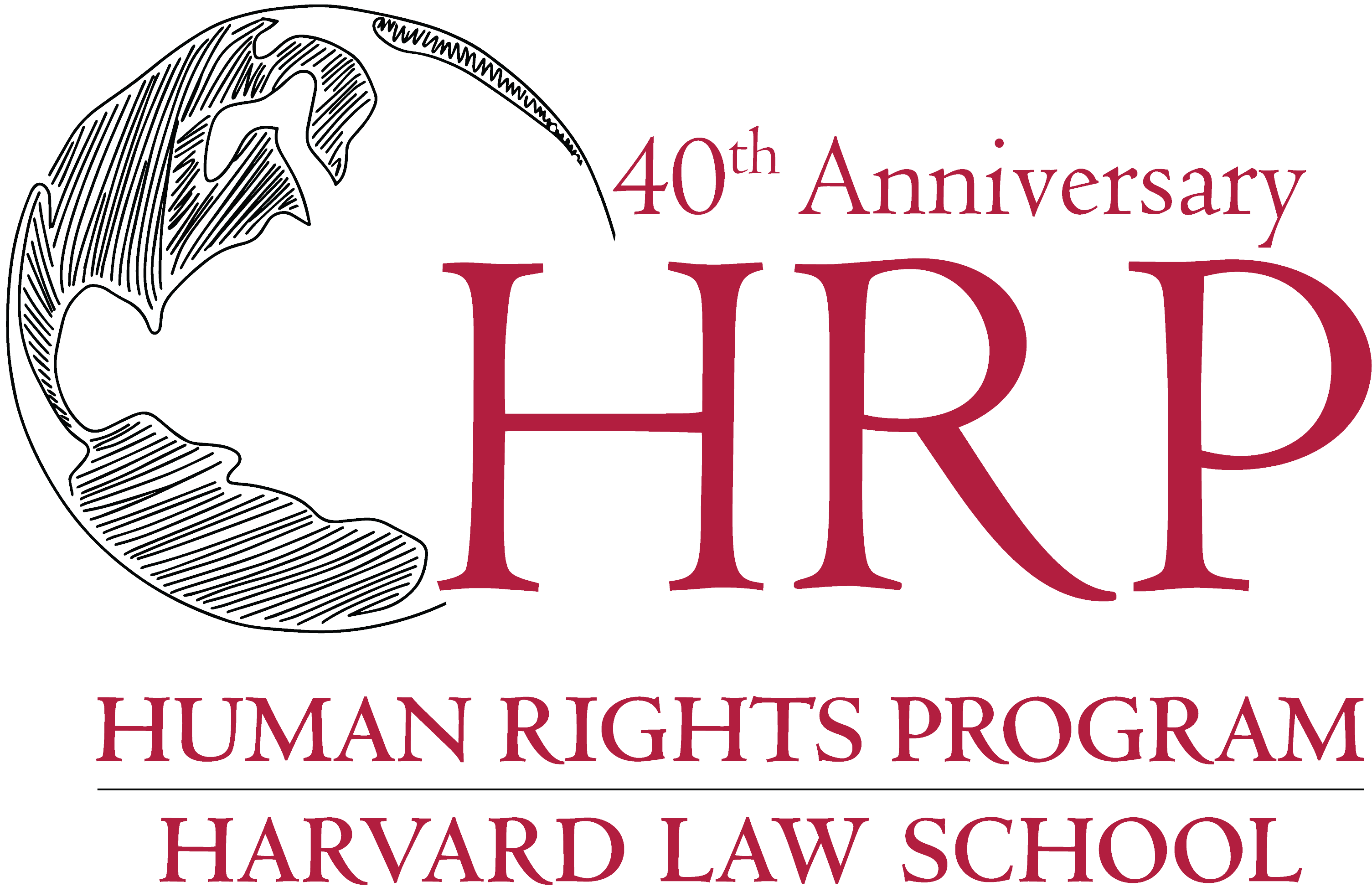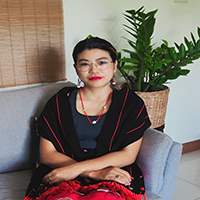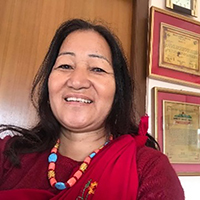
Date & time
Venue
This is an online event.
Register for the event
Event description
This webinar is the second in a series co-organised by the Australian National University Law School (ANU Law School), the American Society of International Law (ASIL), the Law Association for Asia and the Pacific (LAWASIA) and Harvard Law School | Human Rights Program. The series presents a review of the status of Indigenous rights struggles in the diverse countries of the Asia-Pacific region.
This second webinar looks at South Asia, with focus on Bangladesh, India, and Nepal. All three countries host ongoing Indigenous rights struggles, with contrasting issues and experiences. The webinar is intended for audiences unfamiliar with South Asia and surveys the major features of Indigenous rights discourses in the region. The webinar features Indigenous legal scholars from Bangladesh, India, and Nepal, who will draw upon their personal experiences to introduce the current conditions for Indigenous peoples in their respective countries and explore potential challenges for the future.
Co-hosts



Speakers

Jonathan Liljeblad
Jonathan Liljeblad is Associate Professor at the ANU Law School. He is Co-Chair of the Rights of Indigenous Peoples Interest Group (RIPIG) for the American Society of International Law and Co-Chair of the Indigenous Peoples and Local Communities Committee for LAWASIA. His research centers on the complexities of promoting international norms in the Global South, with particular attention to human rights, Indigenous rights, and environmental issues. His work is supported by international organisations such as the International Work Group of Indigenous Affairs, Asia Development Bank, Konrad Adenauer Stiftung, and Danish Institute of Human Rights. He is a member of the Indigenous Pao’Oh peoples of Shan State, Myanmar.

Guangchunliu Gangmei
Guangchunliu is a Naga Indigenous Woman from the Northeast of India. Her work focuses on human rights advocacy, self-determination of Indigenous Peoples, Land Rights, Gender Justice. She now works as a programme lead of Human Rights Campaign and Policy advocacy programme of Asia Indigenous Peoples Pact (AIPP). Prior to AIPP Guangchun worked as a researcher and coordinator for the National Campaign on Dalit Human Rights (NDHR), a coalition of human rights activists and academics which advocate for the rights of Dalits and Adivasi rights in India and Women in Governance an initiative of NCDHR. She also taught as a guest faculty in Department of Social Work, University of Delhi for two semesters. Guangchun also has a Masters of Social Work from Tata Institute of Social Sciences and Masters of Philosophy, Sociology from Delhi University.

Muktashree Chakma Sathi
As an Indigenous Chakma, Muktasree is a law-trained, award-winning journalist, feminist, rights activist, and researcher. She founded Supporting People and Rebuilding Communities (SPaRC), an Indigenous women-led organization in the Chittagong Hill Tracts (CHT), Bangladesh, focused on eliminating discrimination against Indigenous Peoples and women. SPaRC conducts research, builds capacity, and engages in advocacy from feminist and Indigenous perspectives.
She is a Core Group Member of Sangat, a board member of ActionAid Bangladesh, and works with Collaboration for Impact in Australia. Muktasree has played key roles in movements like Justice for Kalpana Chakma and the Indigenous Womanifesto.
She has worked with global organizations, contributed research to international publications, and worked as a journalist covering human rights issues. With over 22 years of experience, she has received numerous accolades, including the UNICEF Meena Media Award and fellowships from the UN OHCHR, Acumen Fellowship Bangladesh Programme and Swedish Institute, Sweden.

Indira Kumari Shreesh
Advocate Indira Kumari Shreesh is a legal professional who holds a Master’s degree (LLM) in Human Rights and Gender Justice. She is actively working as an advocate and environmental justice activist, focusing on the rights of Indigenous women. With 30 years of experience in the legal field, she has held various roles in advocacy, lobbying, research, training, and providing legal aid and services. Currently, she is the Chair of INWOLAG (Indigenous Women Legal Awareness Group), where she addresses a wide range of issues affecting Indigenous women, from hydropower development to conservation and protected park concerns. Indira has published numerous articles in law journals on topics related to women’s rights and has advocated for greater inclusion of these issues in policies and laws. Additionally, she has presented papers at various national and international forums on matters concerning Indigenous women, such as water rights, climate change impacts, environmental justice, and Indigenous women’s rights. Advocate Indira belongs to the Magar Indigenous community in Nepal and notably defended the PIL case of REED++ in the Supreme Court of Nepal.